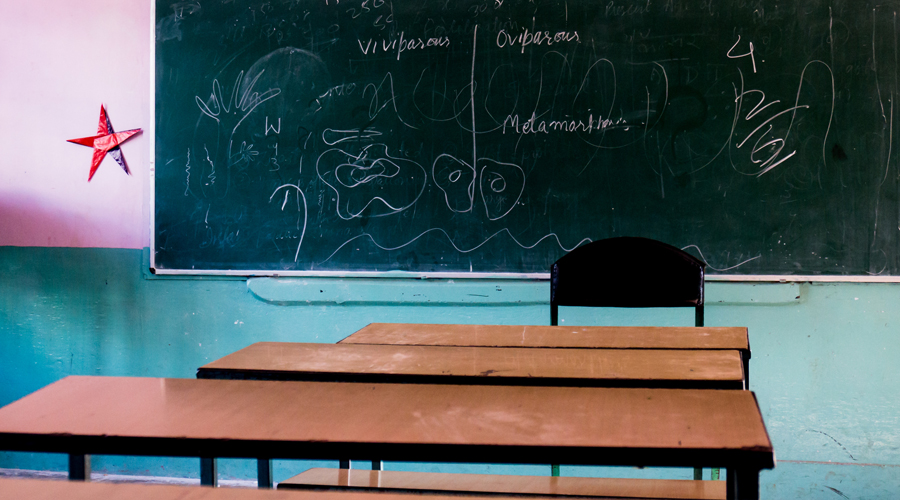The 11-month stay at home owning to the pandemic has made many children and individuals with special needs more “dependent” on people around them and in some cases their “learning” has suffered, said psychologists and special educators.
Some of the centres are reopening for shorter hours and for individualised therapies and the discomfort of children settled in the home environment is apparent.
“In school or centres, children or individuals with special needs are under constant guidance. We feel that we are now having to restart again because a lot of unlearning of life skills have taken place during this period,” said Sudeshna Chowdhury, principal of Bhabna Child Development Centre that caters to individuals with autism and intellectual disabilities.
Chowdhury said that there has been a change in toilet training, sitting and eating habits. “Those who are non-verbal would show through signs that they need to to go the washroom but now they need support. Also, since their sitting habits have suffered it is becoming difficult to do activity-based therapy,” she said.
Parents also said many individuals with special needs did not want to go to centres.
“My son has to go for two hours in the afternoon...but he has been resisting going to the centre,” said a father whose son is autistic.
Psychologists have not just noticed changes in individual habits but also in attitudes. “We are noticing that individuals have become more dependent on their parents or guardians and they are unable to think on their own. There is a lack of drive,” said Ishita Sanyal, psychologist and founder of NGO Turning Point.
Sanyal said ever since they have reopened for reduced hours parents prefer to wait and take the individuals back with them.
“While we are doing activities with them we see many are looking at their parents’ who are waiting in the balcony for help or prompting even for simple activities,” said Sanyal.
Not all schools or centres have reopened yet.
Some of them that have opened are providing individual therapies or at the request of parents.










